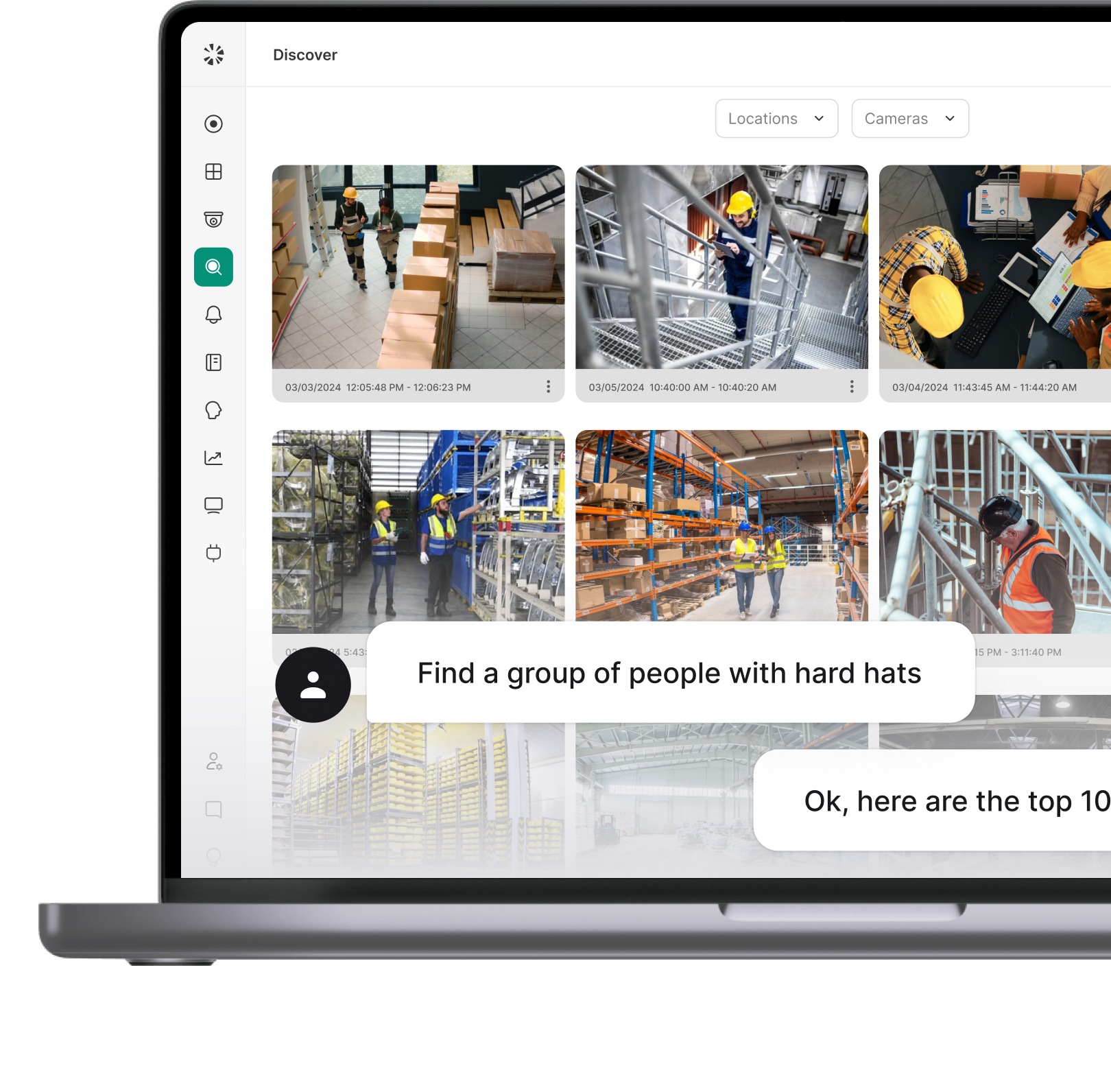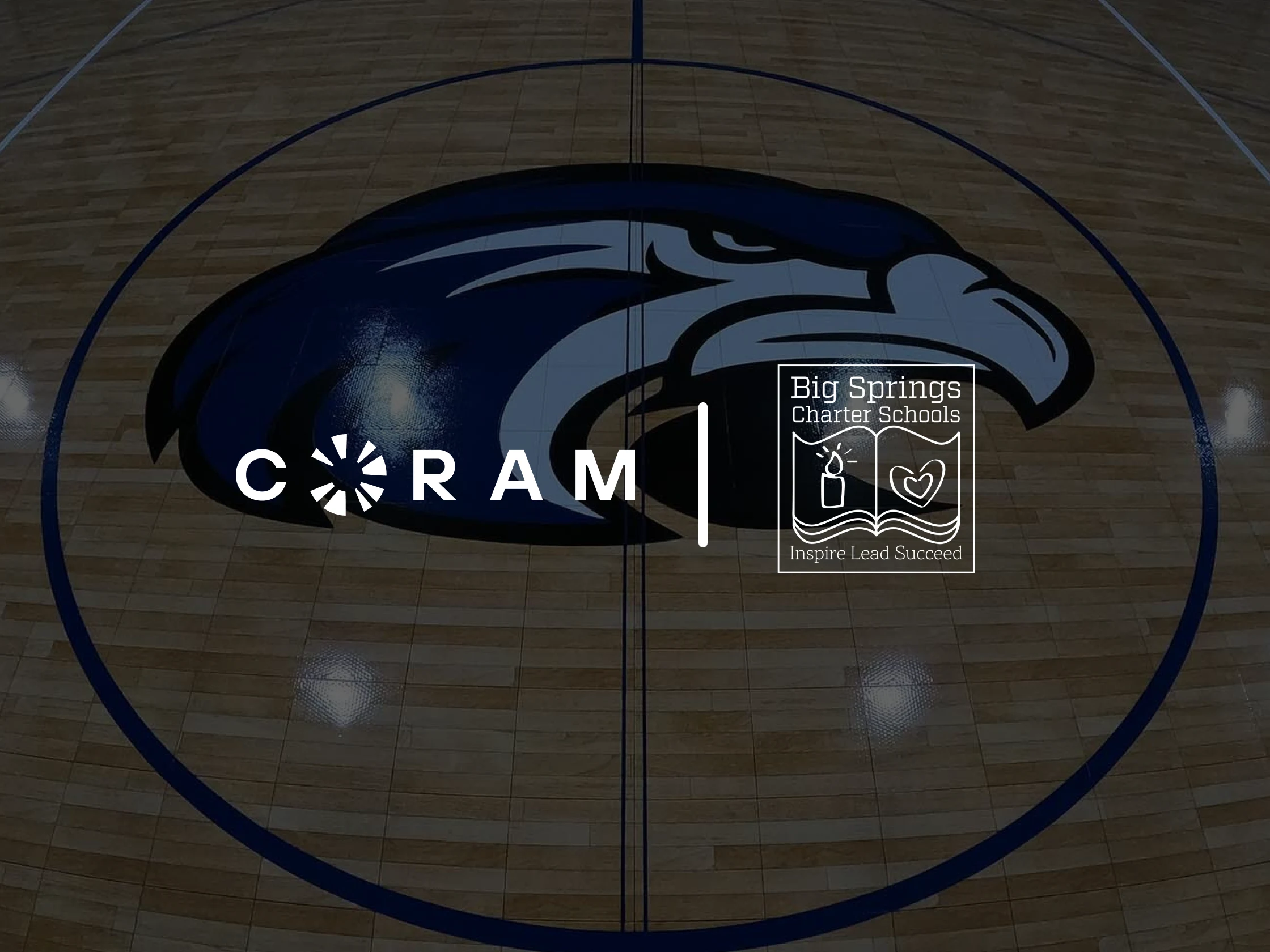Overview
In this blog, we will cover various options for storing video data from IP cameras and the tradeoffs to consider. When planning to install a new security camera system, it's important to consider the amount of video data each camera captures, its transmission, and where it is stored, as these factors have implications on cost and the architecture you choose.
Quantifying Video Data
Before deciding on a solution, it's crucial to quantify the amount of data each camera produces per day:
Video data generated per day per camera (GB) = (bitrate / 8) * 60 * 60 * 24 / (1024^2) GB
A camera with 2000 kbps bitrate generates around 20 GB of data per day. This number can be a bit higher or lower depending on whether the camera is configured to a variable bit rate (VBR). Different vendors do various optimizations (e.g., logging lower resolution when there is no motion) that can further reduce the data to 10-15 GB per day.
Different Options for Security Camera Storage
IP security cameras capturing the video data broadly come with the following options to store the data:
- On-premises local storage: Store video directly on an IP camera or Network Video Recorder (NVR)
- Cloud storage: Transmit the video data directly to the cloud over the internet and store it there
- On-premises local storage entails video recordings that are housed onsite using an SD card, hard drive, or Network Video Recorder (NVR). Most modern local security camera storages use an NVR, but in some systems, there is storage within an SD card inside each camera (e.g. Verkada). The type of local storage device also depends on the duration of storage desired. Additionally, given the large amount of storage transmitted by each camera, the total number of camera counts is also factored into the duration capacity.
- Cloud storage entails the video recording data to be stored in a cloud server that is not at the location of the cameras. Since each camera transmits an average of 15 GB per day, the cost of cloud storage can be excessive. The user needs to factor in both the uplink bandwidth cost and the storage cost on the cloud. The cloud storage cost can be as much as $0.021 per GB per month (https://aws.amazon.com/s3/pricing/). This quickly adds up and becomes quite expensive. For example, it can cost at least $10 per month per camera to back up the last 30 days of data in the cloud. This only accounts for the cloud storage costs and not the uplink bandwidth costs.
Storage Duration
Typically, local and cloud security systems offer 30, 60, or 90 days of storage. Most businesses opt for 30-day storage, with some extending to 60 days. The sector also plays a role, with industries like banking and cannabis having strict video retention requirements.
Accessing the Video Footage
The accessibility of video footage is independent of its storage location. Both cloud storage and on-premises local storage can allow users to access video footage remotely through a web browser, often with no noticeable difference due to where the video is actually stored. Modern solutions like Coram AI have on-premises security camera storage to save on internet bandwidth and cost but offer excellent remote accessibility via a web browser.
Security
While storing security camera data on-premises is more cost-efficient, it also carries moderate risks. If the on-premises NVR or camera is damaged (e.g., due to theft, flood, fire, etc.), the video footage may be lost. Modern video security vendors, such as Coram AI, now offer solutions where customers can optionally back up CCTV cameras footage to the cloud and choose the number of days for which they need the backup. This flexibility allows customers to selectively determine which cameras are crucial and to find the best tradeoff between local and cloud storage.
Hybrid-Cloud Security Camera Systems
Hybrid-cloud security camera systems, such as those offered by Coram AI, provide the optimal tradeoff between local and cloud storage. They offer:
- Low-Cost and Low-Bandwidth Video Storage On-Premises: This ensures efficient use of resources.
- Great Accessibility: Video footage is easily accessible directly from a web browser.
- Optional Cloud Backup for Important Cameras: This feature allows for selective cloud backup, enhancing security.
- Unlimited Archives of Important Video Clips to the Cloud: Ensures crucial footage is stored securely and indefinitely.
With these systems, organizations can store data for 30 days or more, have peace of mind that their data is secure, and also access it securely within seconds from anywhere in the world.















